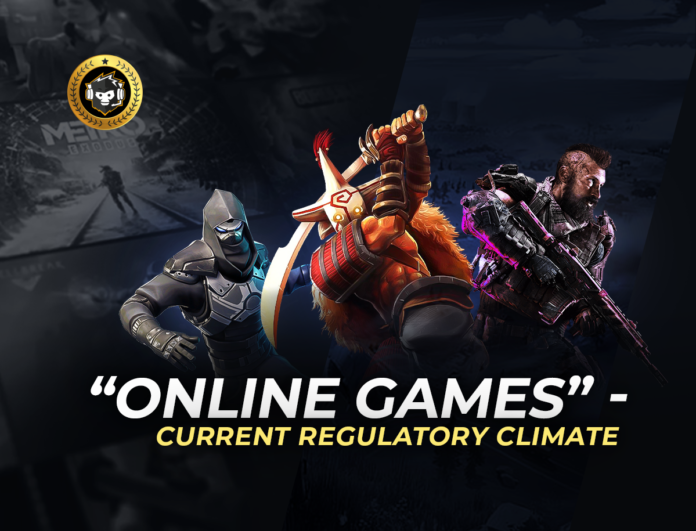While betting and gambling are State subjects, the internet is squarely the domain of the central government and by extension, online betting/gambling as well as real money games come under the supervision of the central government too. In January 2023, the Ministry of Electronics and Information Technology (MeitY) released the draft amendments to the IT Rules, aimed at regulating “Online Games.” This amendment officially defined “Online Games” and sought to create a safe environment for Indians engaging with real money games, addressing issues inherent in the digital format.
In physical casinos, players can observe the game directly, reducing the risk of manipulation. But in an online environment where software is managing the flow of the game, there’s a strong possibility of malicious exploits using bots or Random Number Generator (RNG) manipulation. For example, the way cards are dealt to players can be controlled in specific ways to ensure “the house always wins,” and players may unknowingly compete against bots. Additionally, software mechanisms can also be scripted to create an addiction loop, initially allowing users to win to hook them before altering the algorithm to cause losses.
Playing a Real Money Game (despite it being a game of skill) comes with the inherent risk of financial loss and habit formation. This is why RMG companies are required to disclose these dangers in all their marketing material. Offshore betting & gambling platforms pose an even greater threat as they fall outside Indian jurisdiction and regulations and pose money laundering and national fiscal security concerns
of players using real money to play getting into severe financial distress, leading to family issues and, tragically, even suicides. To address these concerns, the government introduced several regulatory measures for online games:
RNG and No-Bot Certification: Games need to acquire a Random Number Generator Certificate and No-Bot Certificate from authorized and independent third-party agencies to ensure there is no malicious software at play.
eKYC measures: Games must ensure that they aren’t accessible to users under the age of 18.
Grievance Redressal and Compliance Officers: Companies must hire a Grievance Redressal Officer to promptly close all user grievances and a Compliance Officer to ensure the business complies with all the regulations of the Act.
Self Regulatory Body (SRB): An industry-led SRB that will review, certify and permit only those games of skill that have implemented the rules mentioned above.
While this is great for promoting safe and responsible real-money gaming, what does any of this have to do with video games? Nothing, but video games got caught in the crossfire when these amendments were first introduced for public consultation (remember when I first mentioned how the universal term ‘Online Games’ could be problematic?).
In its original form, these amendments ended up applying all of the above-mentioned rules on video games too, what many call ‘blanket regulation’. Evidently, this is an existential threat to India’s nascent video games industry.
To illustrate this, imagine a hypothetical scenario where a small indie game development studio from India launches a hit video game called “Starbound Adventures”, a simple, point-and-click game with no elements of real-money gaming or gambling. The studio, operating with a tight budget and a small team, relies heavily on the global reach and accessibility of its game to sustain their business.
However, due to the new regulations initially introduced for online real-money games, “Starbound Adventures” falls under the same stringent regulatory requirements intended for gambling apps. To comply, the studio must now secure a Random Number Generator Certificate and a No-Bot Certificate, despite their game not utilizing these systems. Furthermore, they’re required to implement eKYC measures, blocking any users under the age of 18, which cuts off a significant portion of their audience. They also need to hire a Grievance Redressal Officer and a Compliance Officer—roles that are not only unnecessary for their type of game but also financially burdensome given their limited resources.
Caught in the blanket regulation, the studio would face an existential threat. The costs and operational demands imposed by these misplaced regulations could drive them out of business, despite having a popular and ethically sound product.
This was a scenario that was entirely possible if these prescribed compliance and regulatory measures were implemented. So, following this initial draft, about and successfully got video games somewhat carved out from the ambit of these rules.
So, technically video games are not regulated in any form whatsoever in India at the moment and all regulatory measures are squarely aimed only at real money games (some lawyers seem to have a different take on this, but when have lawyers ever agreed with one another, or anyone, for that matter).


